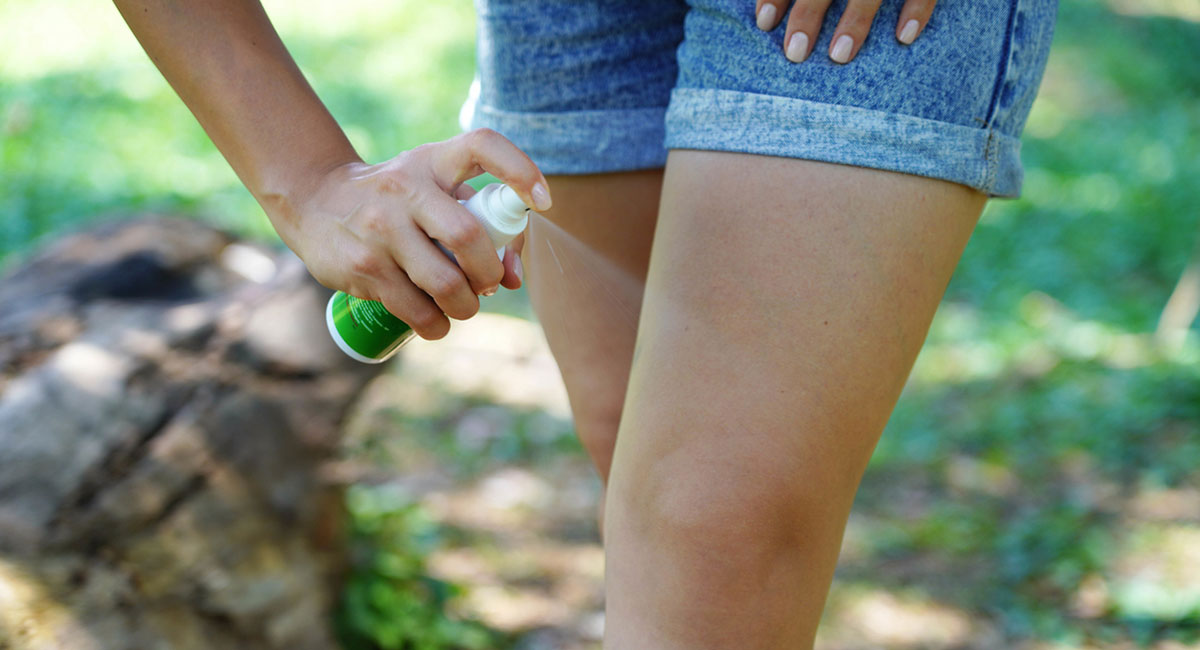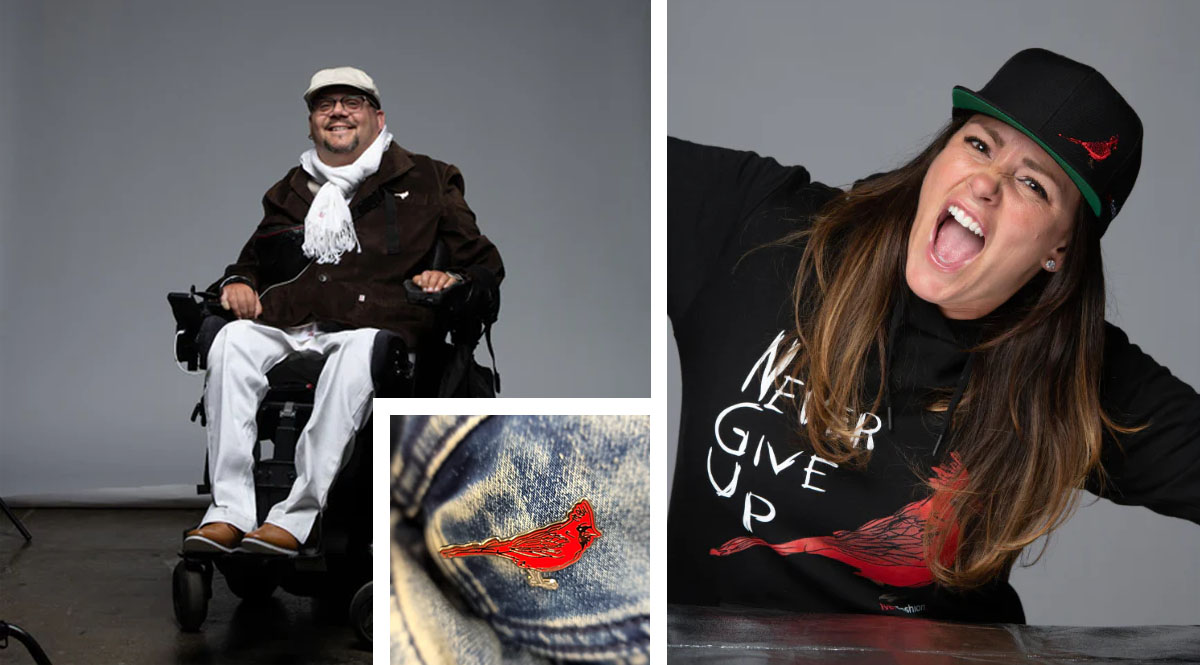
OPH Encourages Residents to Take Precautions Against EEEV and WNV
After a horse in Ottawa tested positive for Eastern Equine Encephalitis Virus (EEEV) and two humans were confirmed to have contracted West Nile virus (WNV), Ottawa Public Health (OPH) is recommending that residents protect themselves against mosquito bites.
Although the Government of Canada indicates that 70 to 80 percent of individuals infected with WNV will not exhibit symptoms, and less than one percent will develop severe symptoms or side effects, it is important to note that both diseases are transmitted to humans via mosquito bites.
However, residents can take comfort in the knowledge that direct infection from horses or other humans is not possible.
Mosquitoes that carry WNV are most commonly found around homes in urban areas, while the mosquitoes that carry EEEV are usually found close to swampy hardwood forests.
With the summer-like weather in the capital for the final weeks of school breaks, the OPH is recommending that Ottawa residents protect themselves by taking the following precautions:
• Applying a Health Canada-approved mosquito repellent containing DEET or icaridin to exposed skin and clothing (avoid applying DEET to synthetic fabrics)
• Protecting yourself when mosquitoes are active, especially between dusk and dawn and any time you are near shady hedges or bushy or wooded areas
• Wearing light-coloured, tightly woven, loose-fitting clothing, such as long pants, a long-sleeved shirt, shoes and socks, to protect exposed skin
• Making sure all windows and doors in your home have screens that are in good condition
• Removing, or emptying at least once per week, standing-water sites around your home, such as bird baths, toys, flower-pot saucers, swimming pool covers, old tires, wheelbarrows, buckets, and cans
• Keeping all openings to rain barrels covered with screen mesh at all times
The OPH says that human infections with EEV are rare in Ontario, with the most recent having been reported in 2022, and even though it is rare, it is of concern because it can cause serious neurological disease and even death.
Taking precautions, like covering exposed skin and using a DEET-based repellent, can significantly reduce the risk of infection.
For more information on WNV, visit OttawaPublicHealth.ca/
Photo: Zigres, iStock









